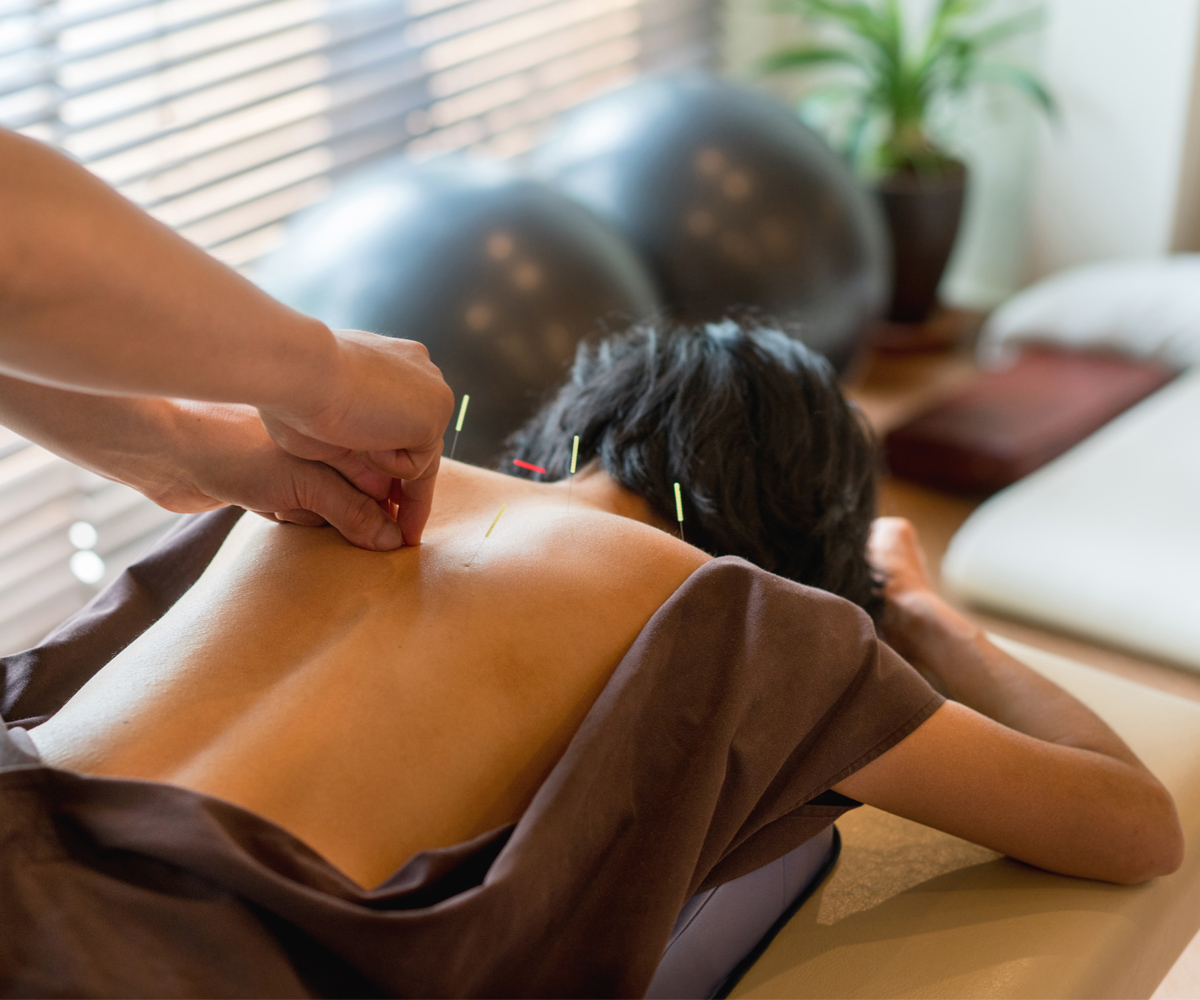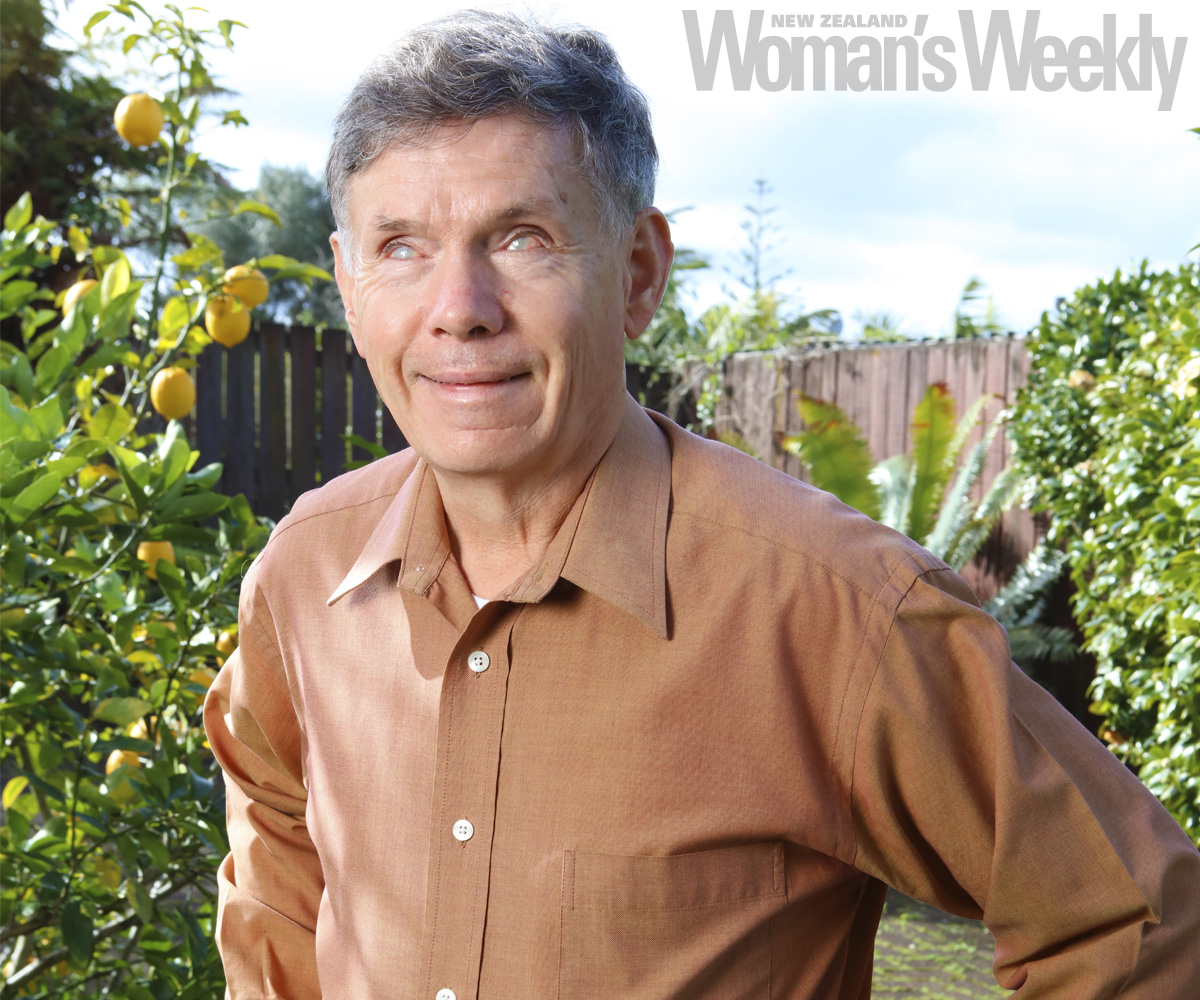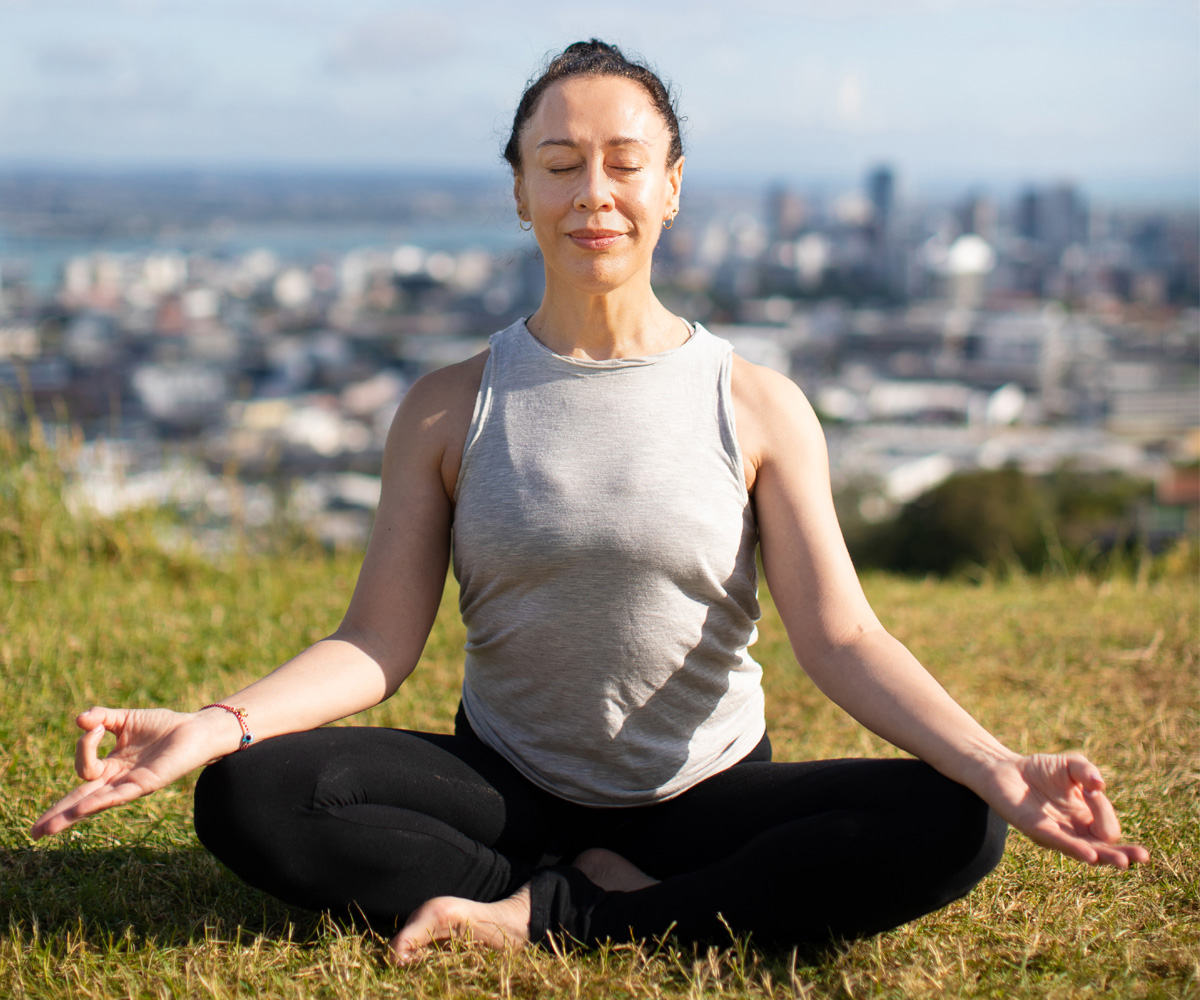Mention to a friend your unbearable period pain and it’s not unusual to be met with a response like, “Ugh, me too” or “I have some pain killers if you need them.”
If you were experiencing multiple days’ worth of pain in any other part of your body – say in your chest, abdomen, leg or head – every month you would promptly book in a doctor’s appointment to get to the bottom of it.
Period pain, on the other hand, tends to be brushed aside with a dose of over-the-counter pain medication, a hot water bottle, or a prescription for an oral contraceptive pill.
Given that research indicates that period pain affects up to 95 per cent of women, it’s not surprising that it doesn’t tend to be considered an abnormal indicator that something might be amiss.
It’s generally thought to be just an ordinary part of the female experience that, unfortunately, needs to be put up with or masked with medication.

Rachel McGrath and Gill Burdett have a different view.
While the pair are not against the use of medication or the oral contraceptive pill for menstrual troubles, they share a passion for encouraging women to get to know their own bodies, and providing education about other treatments available, one of which they have seen phenomenal improvement in their own clients – acupuncture.
In their view, while the pill can indeed successfully control symptoms, it can be masking underlying problems that become more apparent as women get older and decide they want to start a family.
“We usually end up seeing people when they want to get pregnant, and I’ve had a lot of women say to me that when they didn’t want to get pregnant, they didn’t pay much thought to their menstrual cycle. Once they want to get pregnant, they look back and wish they hadn’t stayed on the pill for so long, and realise they have some work to do to get their body and cycle healthy again,” Rachel explains.
“On the pill, your hormones aren’t doing what they would normally do, they are kind of suppressed, and the minute you stop taking the pill, your body generally reverts back to the same patterns that it used to do.
“We feel that if you can regulate your hormones from an earlier age, you’re going to have fewer problems, not only in fertility but down the track with menopause. A lot of people leave it until there is a big problem.”
In their experience, a combination of acupuncture, combined with some simple lifestyle changes, can help to effectively relieve painful, heavy periods, as well as improve fertility or symptoms of menopause later in life.
“I don’t think women in general have enough knowledge, understanding and respect for their bodies and their fertility. Even if you do not want a baby right now or know if you ever might want a family, it’s still worth nourishing and protecting your fertility,” Gill points out, also having extensive experience as a midwife.

She now sees a lot of women undergoing assisted reproduction and fertility treatments, as well as reproductive surgeries, and says that perhaps these courses of action could be avoided if more women had a better understanding of what constitutes a normal menstrual cycle.
Rachel and Gill describe a healthy period as being a fresh red bleed that isn’t too light or too heavy, without any spotting to start, clotting during the bleed, or spotting mid-cycle.
Some minimal, dull aches at the beginning are perfectly fine, but there shouldn’t be any intense throbbing or stabbing pain that forces you to lie down or significantly affects your day-to-day life.
A bleed can last anywhere from three to seven days, and each cycle is roughly 25 to 30 days.
While putting needles into your skin and reducing pain might sound like they would be at opposite ends of the spectrum, acupuncture is one of the oldest practices of traditional Chinese medicine and has been used for pain reduction for thousands of years.
“Acupuncture can regulate hormones via the hypothalamus-pituitary-ovarian axis, providing relief from hormone-related symptoms. It doesn’t matter what age or life stage a woman is at; this can be used to regulate hormones and help provide relief from hormone-related symptoms.”
“The acupuncture needle goes in, and it doesn’t touch a nerve, but it stimulates a nerve,” Rachel clarifies.
“That nerve stimulation prompts chemical messages and neuro-transmitters to travel through the nervous pathways, through the spinal cord and to the brain.”

According to Harvard Health, endorphins are released by the brain when an acupuncture practitioner inserts a needle into strategic energy points on your body, and that release of endorphins can play a big part in the reduction of pain, stress and even depression.
“There have been studies done with MRI scans on the brain while someone is having acupuncture and we can see by how it is lighting up that acupuncture increases endorphins and blood flow. At the site where the needle is, the immune system is also activated and all the white blood cells are brought forward and all the kinds of things that are needed to help heal the body,” Rachel says.
With period pain in particular, needles are used right over the uterus, as well as other specific points on arms and legs.
Rachel and Gill understand that acupuncture isn’t for everyone, especially if you’re needle-phobic, but say that for a lot of women, it is an unexplored pathway to a healthier menstrual cycle and body.
“We believe education about alternative options is hugely important for young women,” says Rachel.
 Getty Images
Getty Images


.jpg)
